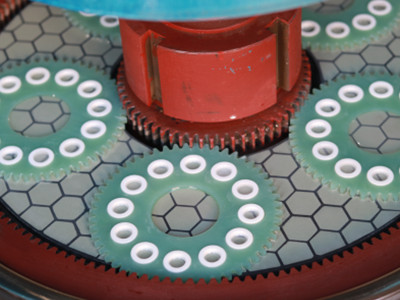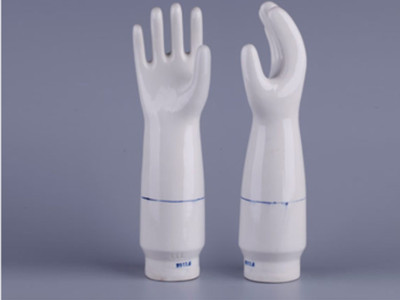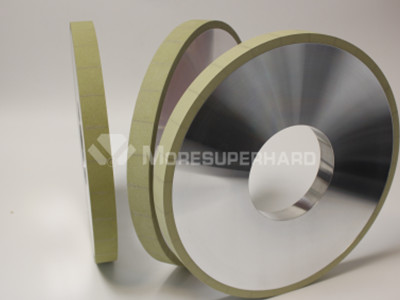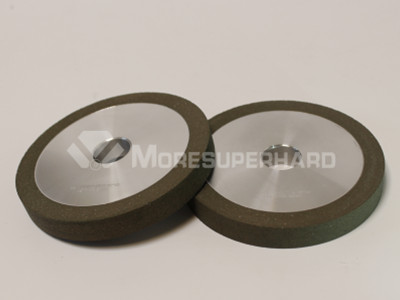

Alumina ceramic is a ceramic material with a-Al2O3 as the main crystal phase. Due to its high melting point, high hardness, heat resistance, corrosion resistance, and electrical insulation properties, it can be used under harsh conditions. Alumina ceramics have low prices and mature production processes. They are currently one of the ceramic materials with the largest output and the most widely used applications. They are mainly used in the fields of cutting tools, wear-resistant parts and bioceramics. In addition, it is also widely used in energy, aerospace, chemistry, chemical industry, electronics, etc. In particular, alumina porcelain 95 porcelain and 99 porcelain are one of the ceramic materials with the widest range of applications and the largest consumption, whether in structural ceramics or electronic ceramics.
.jpg)
Difficulties in processing alumina ceramics
Alumina ceramic has high hardness (HV1900~2100) and high brittleness (flexural strength 240~260MPa). It is a typical hard and brittle material that is difficult to machine. Its grinding processing cost is high, the efficiency is low, and the surface and subsurface after grinding Crack groups appear in the area, affecting the stability of the workpiece. These characteristics are not conducive to its practical application.

Grinding case-Processing alumina ceramic glove formers

Grinding processing technology accounts for 80% of ceramic processing. Diamond grinding wheels are mainly used for grinding. During processing, the material in front of the abrasive cutting edge is extruded and peeled off to complete the grinding.
1. Resin-bonded diamond grinding wheels mostly use thermosetting resin, which has the advantages of low curing temperature and relatively simple preparation. It is mainly used for rough processing such as hole grinding, cylindrical grinding and surface grinding.
2. Metal-bonded diamond grinding wheels have strong bonding force with abrasives, good toughness, and can withstand large loads. They have been used in the fields of complex surface grinding of hard and brittle materials, precision ceramic parts, and ultra-precision grinding. However, metal-bonded diamond grinding wheels are expensive and require special dressing equipment for wheel dressing.
3. Ceramic bonded diamond grinding wheels have higher elastic modulus and lower fracture toughness. Its bonding strength is higher than resin bonded diamond grinding wheels, and its self-sharpening properties are better than metal bonded diamond grinding wheels. It is widely used in processing ceramics. , glass, carbide and other materials.


Moresuperhard have rich experience in grinding ceramic materials and we can recommand suitable grinding wheels for you.Moresuperhard have development different formulations grinding wheel for different ceramics materials.Three kinds of diamond grinding wheel including resin bond,vitrified bond and metal bond all can we supply.Moresuperhard provide diamond grinding wheel and diamond cutting wheel for different grinding machine like cylindrial grinding machine,surface grinding machine and milling grinding.
Diamond heat spreaders offer ultra-high thermal conductivity up to 2000 W/m·K, excellent electrical insulation, and outstanding chemical stability. Widely used in AI data centers, 5G/6G base stations, high-performance computing, aerospace, and power semiconductor modules, diamond thermal substrates significantly reduce chip junction temperature and enhance long-term device reliability.
Learn about wire drawing dies, essential tools in metal wire processing used to reduce wire diameters and improve surface quality. Discover the different types of dies (tungsten carbide, PCD, natural diamond, and CVD diamond) for various metals and applications, including their material properties, functions, and selection guidelines. Understand how to choose the right die for precise wire drawing, enhancing efficiency, quality, and cost-effectiveness in industries like power transmission, semiconductor packaging, and medical device manufacturing.
Add: Zhongyuan Rd, Zhongyuan District, Zhengzhou, 450001, Henan, China
Tel: +86 17700605088